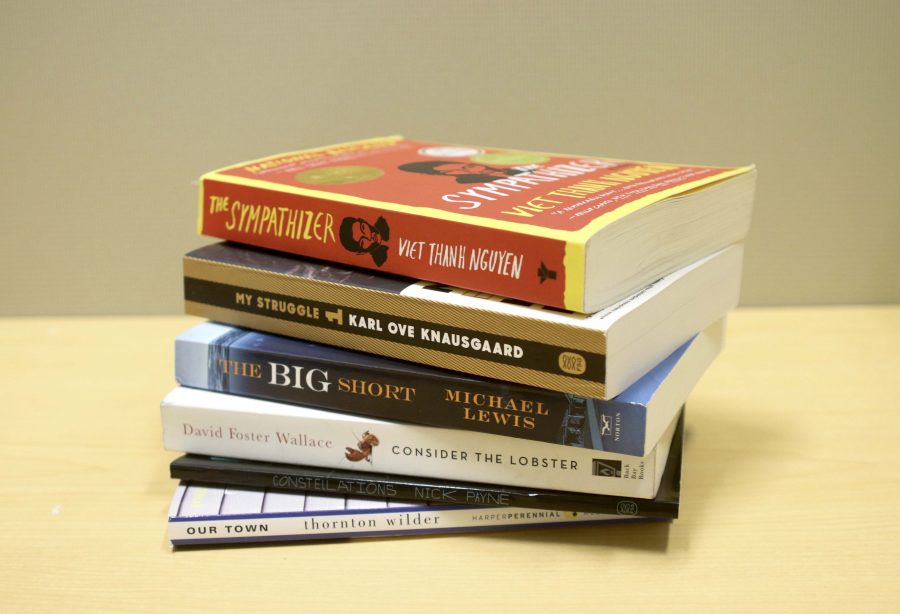Print Matters Panel Ignores Digital Divide
To have a succesful semester, stay on top of your assignments and studying with a thorough organization system.
September 19, 2016
It’s common knowledge that e-books were a revolutionary creation. The ability to carry a library within a tiny electronic device, delighted readers and terrified the publishers who thrived off of print. E-books were a scary new variable, rumored to be to books what computers were to typewriters. Books were going to die out; to quote our elder generation, “it was the death of print.”
After attending the “Print Matters: Art, Literature, and Design in the Digital Age” panel at the Strand Bookstore, one gets the sense that the reality of this apocalyptic statement has not yet been realized, nor will it likely ever be. The panel, made up of publishers, illustrators and editors alike, discussed the state of print as it stands today and their own beginnings within print media. Many of the panelists spoke of how print media was thriving and flourishing.
E-books were also failing, according to Michael Bierut, a professor at the Yale School of Art, who said, “They cannibalized each other. Today, they are at 15% [of market sales]. They’ve lost the war!”
The panelists were all quick to agree with Bierut’s point. Sharon Gallagher, CEO of Distributed Art Publishers, Inc., gave the audience a copy of a list of 10 reasons why print matters, which she had written down for the panel audience to keep. Her point behind the list, though, was her main objective. Gallagher said, “The physicality of a book makes your brain dance. You want to be involved as physically as you are mentally.”
Each panelist had beautiful words to say on the topic of books and print media. Their optimistic views on how books shaped their future, and would continue to shape the next generations, were inspiring. However, the fact remains that the panelists never actually discussed why print matters. Most of the panel was spent waiting for them to get to the point, and when they did, they tried to avoid the issue like putting frosting on a burnt cake. Much of their dialogue was focused on the greatness of print media and never touched on digital media within publishing.
Throughout the panel, the general dismissal of e-books and digital media was tangible. “Computers come into play, as they always do,” Dan Simon, founder and publisher of Seven Stories Press, said when asked if he prefers computers or print when designing book covers. Sharon Gallagher said she felt that, due to digital media and genre publishing, books were being “commodified,” and described e-books as an “invasion.”
Regardless of the panelists’ disdain for digital media, the future of print is digital. Many students buy their books off Amazon, use their computers to write their papers and email them to professors. Many of us have read books online, be it through the Kindle app or the PDF of a course textbook. Print media has survived the invasion of the e-book, but brought with it a disdain for reading electronically. This panel would have been a great opportunity to discuss how the two forms could combine and what it means for the future of print media.
Sadly, the panelists and moderator focused on their happy days of publishing, turning their back to the future to focus on the past that has been long gone.
A version of this article appeared in the Monday, Sept. 19 print edition. Email Jordyn Fischer at [email protected].
























































































































































